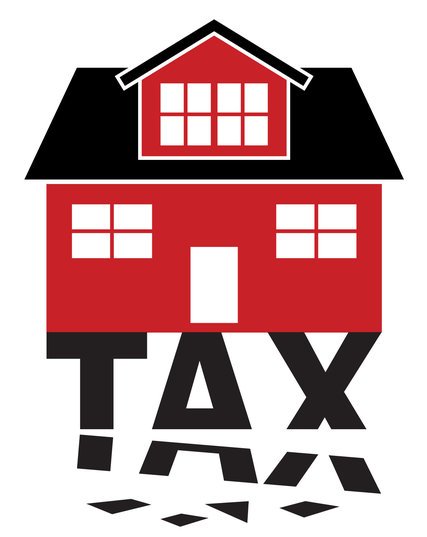Supported by
Business Day
Higher Property Taxes? You May Be Able to Appeal
If your property tax bills are increasing, you’re not alone.
The average tax bill in 2017 was about $3,400, or 3 percent higher than the prior year, according to a report published on Thursday by Attom Data Solutions, which analyzed tax information on 86 million single-family homes across the country.
Of course, tax bills were much higher in some markets. The report identified nine counties with average property taxes greater than $10,000 — most of them in the New York area, led by Westchester County ($17,179).
Property taxes are typically the second largest cost for homeowners after their mortgage, said Daren Blomquist, senior vice president at Attom Data. Real estate taxes fund local governments, allowing them to operate schools and parks, pick up trash and provide emergency services and other functions.
The higher tax bills reflect, in part, rising home values in many markets, as residential property continues its recovery from the real estate downturn. In some areas, the report said, local budget needs are pushing tax rates higher.
Continue reading the main story
The effective tax rate — the average annual property tax, as a percentage of the average estimated market value of homes in each area — was about 1.2 percent, around the same as the year before, Attom Data reported. States with the highest effective property tax rates included New Jersey, Illinois, Vermont, Texas and New Hampshire, all of which were above 2 percent.
If you’ve received your formal tax bill, it may be too late to file an appeal — sometimes called an abatement request.
Typically, cities and towns first send out a notice of assessment, showing how your home is valued for tax purposes. Property owners then have a certain amount of time to challenge the assessment, though the period varies from state to state and even city to city. Some areas give a two-week window, while others may allow several months. Assessors are generally strict about filing dates, so if you file paperwork late, your appeal may not be heard.
“You really need to know those deadlines,” said Aaron Vansant, a partner with DonovanFingar, a Birmingham, Ala., law firm specializing in real estate matters.
Property tax experts suggest taking some basic steps to check the accuracy of your property’s valuation. If you added on to your house, your tax bill will probably be higher. But if the assessment shows that your home has four bathrooms, and you know it has two and a half, that’s an error that should be corrected. You may be able to have the mistake fixed with a simple phone call to the assessor’s office, depending on the department’s workload.
“It never hurts to pick up a phone and call,” said Risë E. Rosen, a property tax lawyer in Mineola, N.Y.
Advertisement
Continue reading the main story
If you do file an appeal, you’ll need some data to back up your claim. That could be sales data for homes comparable to yours, provided by a real estate agent. Or, it could be a formal appraisal. The National Taxpayers Union offers tips on its website, including attending an appeals board hearing to get a feel for the process.
Mr. Vansant said he expected more homeowners to appeal property assessments next year because of recent changes in federal income tax law. The Tax Cuts and Jobs Act, signed into law last year, capped the deduction for state and local taxes at $10,000, so more homeowners may push back on higher property tax bills, he said.
Here are some questions and answers about property taxes:
How is my home valued for property tax purposes?
Tax bills are based on the market value of your home, or a percentage of its full market value, multiplied by a local tax rate — often known as a millage rate. (One “mill” equals $1 per $1,000 of assessed value.) Often, assessor departments provide examples online, to show how your town’s bills are calculated.
Do I get a discount for property taxes that are paid on my main home?
Many areas allow for a “homestead” exemption, which provides a discount or credit on your tax bill if the property is your main home. If you don’t see the exemption noted on your tax bill, check with your assessor to make sure you are getting the credit to which you are entitled. Also, some areas may offer a discount if you pay your taxes early, Mr. Vansant said.
How much will I pay for a property appraisal?
Fees vary, but an appraisal for a real estate tax appeal will probably cost $300 to $500, said Jim Murrett, president of the Appraisal Institute, a professional association of real estate appraisers.
Continue reading the main story Read the Original Article




























